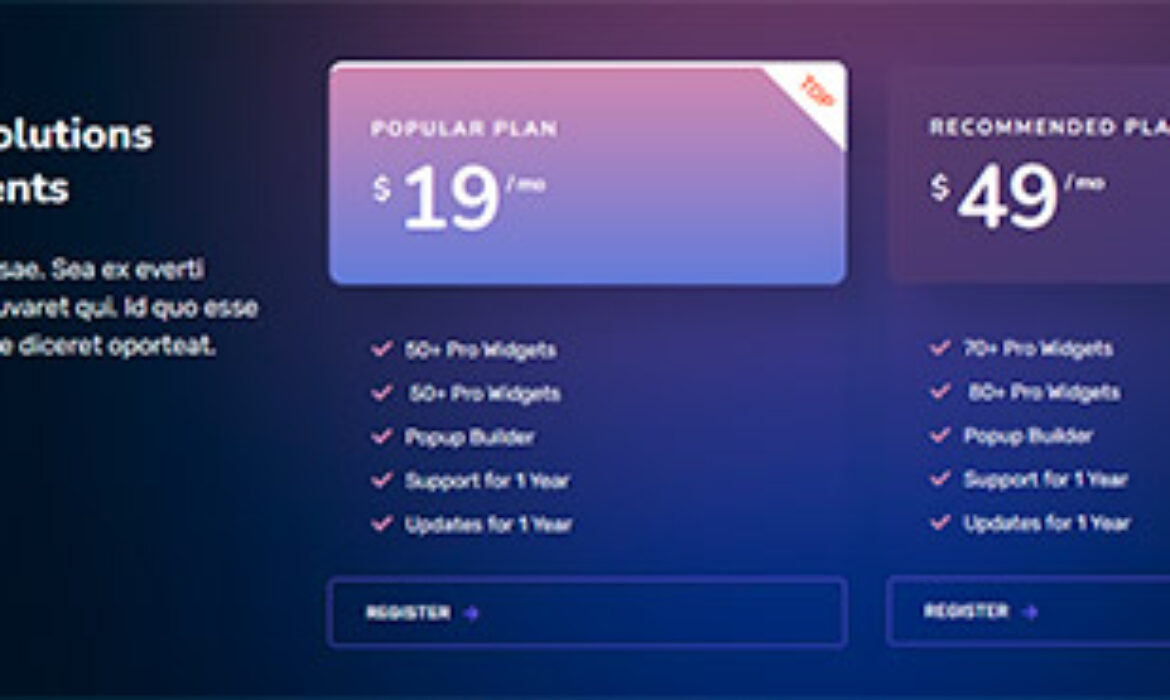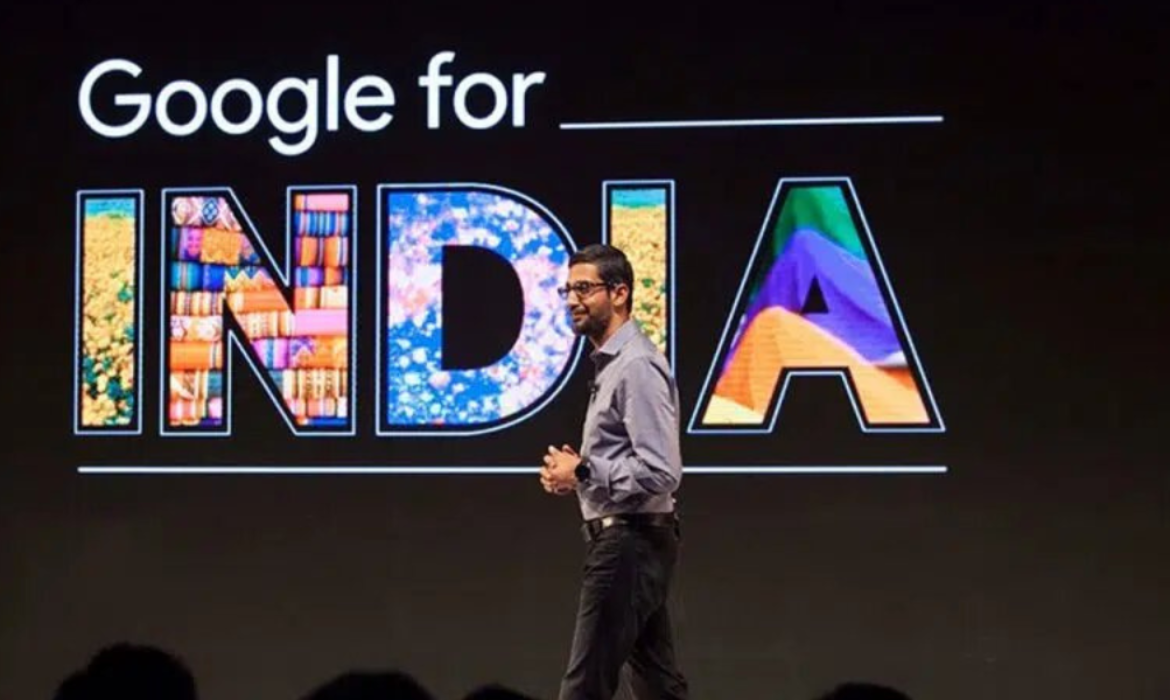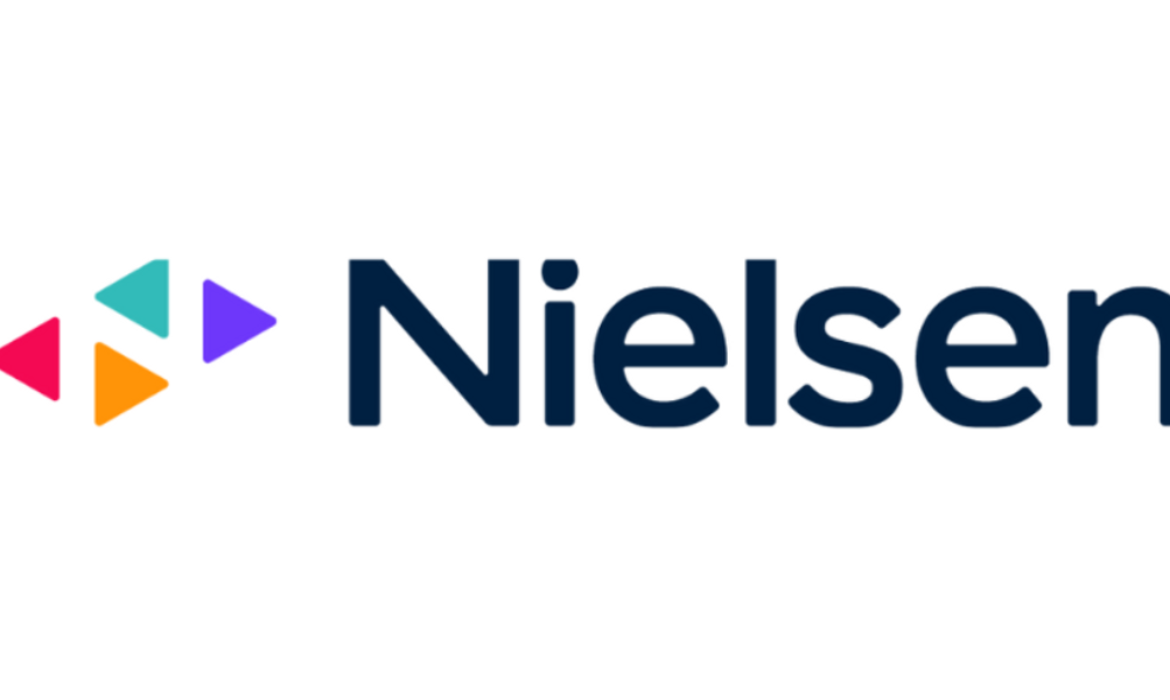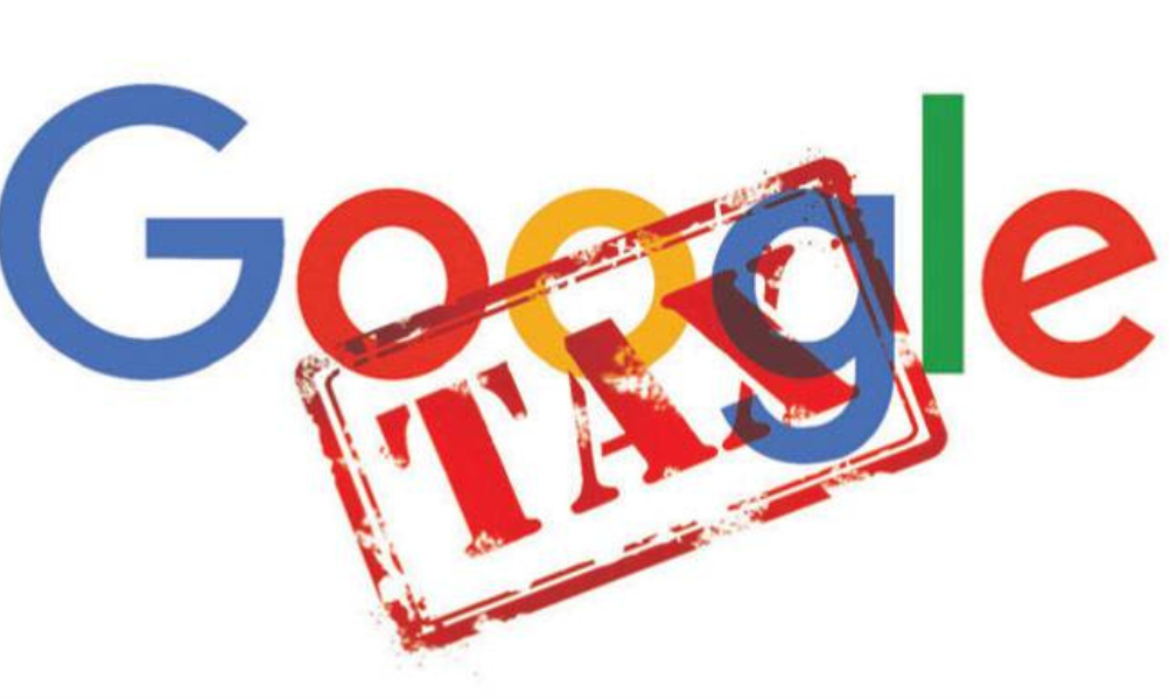Indian Gaming Firms are Eyeing the Brazilian Market. Explore Why!
India is becoming a major gaming market; by 2028, it is expected that the industry will grow to $7.8 billion. Younger demographics, changing IT infrastructure, growing usage of mobile devices, and fast internet connectivity are the main drivers of the Indian gaming market. This growth is being further accelerated by the incorporation of technologies like augmented reality (AR) and the metaverse into computer and console games. The growth of the industry is also being aided by the government’s encouragement of game development, the increase in female leadership, and the move toward mobile and multiplayer gaming. Yet why are Indian gaming companies looking to Brazil? Let’s delve deeper into this article.
Indian gaming market
India, which has one of the largest youth populations in the world, is expected to be among the top markets for the gaming industry. One of the main reasons propelling the nation’s market growth rate is the expanding IT infrastructure, which is being fueled by the growing use of smartphones and high-speed internet. Everything from the value of localization to player preferences for in-game revenue Indian players use video games to help them decide which business decisions to make. As per the All-India Gaming Federation, India is the country that downloads the most mobile games (15 billion downloads annually), followed by the US and China.
Brazil, the land of new opportunities
Brazil’s gaming market is very similar to India’s, so Indian game companies are hoping to introduce their products there. This is attributed to the tighter regulations and higher costs associated with acquiring new customers that are driving this initiative. Brazil is the fifth largest gaming market in the world by player count, and it ranks fourth in the world for mobile games with 5 billion downloads. A report claims that it is one of the Latin American markets with the fastest growth rate. Brazil also has a young population with more people having affordable, high-speed internet access.
Additionally, Brazil’s gaming revenue ranks 10th globally, with projections of $446.10 million market revenue in 2027. Gaming companies are excited about Brazil’s increasing average revenue per user (ARPU), in addition to the country’s rapidly increasing smartphone penetration. Brazil is a rich land of opportunity because of all these factors, which is why Indian gaming companies have decided to invest more and make plans to establish a presence in the country in the upcoming years.
Read More: True Gamers Invests $13.5 million in the UAE Gaming Scene
Possibilities for growth
Investigating developing markets like Brazil can help game studios reach a more varied and interested audience through cost-effective customer acquisition. Brazil is a market full of opportunities and excitement. Therefore, Indian gaming firms are now eyeing the Brazilian market. In a few aspects, the typical Brazilian gamer is remarkably similar to the typical Indian gamer. According to Brazil’s Central Intelligence Agency, 16.5% of the country’s population is between the ages of 15 and 24. Both of these markets share a similar user profile and set of preferences. Both have a strong fan base for casual games like HopScotch and hardcore games like Battle Grounds, Free Fire, and Call of Duty.
Tightening gaming laws in India
Large and small gaming companies operating in India have recently had to reevaluate their plans due to new regulations. This holds especially true for those involving the Goods and Services Tax (GST). Gaming companies are required by the new GST regulation to pay a 28% tax on player deposits. Due to the increased operating costs, gaming companies have referred to this as a fatal blow to the industry. In addition, Indian gaming companies are looking at opportunities in foreign markets. This is due to the country’s growing costs associated with acquiring new customers.
Profitability and income
Similar to India, Brazil monetizes games through microtransactions that allow users to unlock exclusive features. About 58% of respondents to a survey claimed to have made in-app purchases. These included power gems in casual games or guns in the Battle Royale game. These purchases can cost anywhere from $5 to hundreds of dollars.
Similarly, Brazilian gamers stated that getting special advantages like early access to particular features was the main reason they bought anything in-game. Brazil is not like India in that it has a higher propensity to spend money on in-app purchases. Data indicates that the ARPU of video games is $2 in India and roughly $27 in Brazil. Because of the higher in-game spending per user in Brazil, this results in a higher ARPU.
Brazil: Cultural ties and government assistance
Brazil Pix is a payment method developed by the Brazilian government. It is becoming more and more popular among gamers as a means of making purchases. Furthermore, it is a major contributor to growth. It’s a peer-to-peer payment system that works similarly to India’s UPI. Over time, gaming companies hope to use games to bridge cultural divides within global gaming communities. This entails bringing Indian games to Brazil and making Brazilian games more well-known among Indian gamers. Doing so will benefit both players and game developers.
Conclusion
The combination of creativity, technology, and cultural quirks promises an exciting future for gamers and the gaming industry in Brazil and India. The gaming companies are set to capitalize on the Brazilian market. This trip will undoubtedly offer countless opportunities for cooperation and bridging disparate communities worldwide.
Read More: Adscholars-iion Enters In A Dynamic Partnership To Transform Gaming In India
Adscholars-iion Enters In A Dynamic Partnership To Transform Gaming In India
The leading ad tech provider Adscholars has partnered with global gaming advertising leader iion which aims to transform the gaming advertising landscape in India amidst an industry boom. The partnership brings one-of-a-kind technology and programmatic-enabled gaming inventory solutions to the Indian market. iion will scale immersive gaming solutions in this market, using Adscholars’ programmatic expertise. It will offer multiple activation options and unique experiences to connect with consumers on their preferred platforms.
This partnership enables iion to utilize Adscholars’ market knowledge and brand collaborations, resulting in immersive and contextually fitting in-game advertising encounters. iion’s immersiion is the first platform to connect game publishers and brands seamlessly across all digital worlds, providing a holistic targeting experience in-game, around the game, and beyond.
Leveling Up: The Online Gaming Boom Hits India
Statista reported India’s online gaming industry was valued at around INR 135 billion in 2022, up from 101 billion rupees the previous year. Projections indicated it could surpass INR 231 billion by 2025, with a robust annual growth rate of 19%. With a substantial youth population, India is poised to become a prime gaming market. With a significant youth population, India is poised to become a prime gaming market. The country’s market growth is propelled by the expansion of IT infrastructure, fueled by the increasing adoption of smartphones and high-speed internet.
Brands tap gaming’s audience engagement potential. Gameloft finds in-game ads boost brand awareness and likability. Messages over 15 seconds yield +23% purchase intent, highlighting gaming’s unique immersive impact. The strategic partnership between Adscholars and iion places them at the forefront of innovative monetization and advertising ushering in a new era of industry growth amid the nation’s burgeoning gaming landscape.
Srikanth Rayaprolu, CEO of Adscholars said, “We are delighted to announce a strategic collaboration with iion, a prominent advertising platform with a far-reaching presence in diverse gaming environments. As the gaming industry continues its rapid expansion within the Indian market, Ad Scholars, in partnership with iion Gaming, is primed to offer brands an exceptional opportunity to engage with gamers both within the gaming ecosystem and its surrounding landscape.
He further added, This partnership promises to open captivating creative avenues, actively connecting your brand with the vibrant gaming audience. Adscholars has been collaborating with brands and agencies in India. With this new partnership, we’re excited to introduce innovative gaming inventory options for our clients.”
Yun Yip, iion’s Chief Commercial Officer said, “With AdScholars, we are poised to reshape the game advertising landscape in APAC. Our collaborative efforts and platform will empower brands and agencies to explore new ways of engaging with an ever-growing audience, whilst delivering superior marketing outcomes in-game advertising. A successful gaming strategy is a now possible, accessible, and measurable”
Meta and JioMart Will Launch Chat-To-Cart Services In India
Meta and Jio Platforms have announced the launch of an end-to-end shopping experience on WhatsApp, where consumers can shop from JioMart right within their WhatsApp chat.
It will allow people in India to browse the JioMart catalog, add products to their cart and pay via local payments rail UPI without ever leaving the instant messaging service. People in India can simply start shopping on JioMart through WhatsApp by sending ‘Hi’ to the JioMart number. Recently, WhatsApp received approval to expand its UPI-powered payments service to 100 million Indians after several delays. Mark Zuckerberg, CEO of Meta, said in a statement,
Excited to launch our partnership with JioMart in India. This is our first-ever end-to-end shopping experience on WhatsApp — people can now buy groceries from JioMart right in a chat. Business messaging is an area with real momentum and chat-based experiences like this will be the go-to way people and businesses communicate in the years to come.
JioMart on WhatsApp allows Indians, including those who have never shopped online before, to browse JioMart’s entire grocery catalog seamlessly. WhatsApp chat allows shoppers to add items to their cart and complete their purchases without leaving the chat.
The launch is part of a strategic partnership between Meta and Jio Platforms to accelerate India’s digital transformation and provide people and businesses of all sizes opportunities to connect in new ways, fueling economic growth in the country.
The JioMart on WhatsApp experience will revolutionize the way millions of businesses across India connect with their consumers while bringing unparalleled simplicity and convenience to people’s shopping experience.
Interesting Read: GroupM’s outcome media specialist ‘Xaxis’ launched a new programmatic media commerce solution in India
Meta’s investment in Jio Platforms
Meta owns a substantial minority stake in Jio Platforms, the country’s largest telecom operator with over 421 million subscriber lines. Additionally, Jio announced it will invest $25 billion in the country’s 5G launch in October and hopes to reach “every town” by the end of next year.
This $221 billion Indian conglomerate is attempting to take on Amazon and Flipkart in the Indian market with JioMart. While Reliance Retail is the country’s largest retail chain, it offers limited e-commerce products at the moment. Mukesh Ambani, Chairman, and Managing Director, Reliance Industries said,
Our vision is to propel India as the world’s leading digital society. When Jio platforms and Meta announced our partnership in 2020, Mark and I shared a vision of bringing more people and businesses online and creating truly innovative solutions that will add convenience to the daily lives of every Indian.
He further added,
One example of an innovative customer experience that we are proud of developing is the first ever end-to-end shopping experience with JioMart on WhatsApp. The JioMart on WhatsApp experience furthers our commitment of enabling a simple and convenient way of online shopping to millions of Indians.
Is Google Joining The ONDC Bandwagon With Paytm And PhonePe In The Race?
Amazon and Flipkart are a duopoly in India’s e-commerce. The Department for Promotion of Industry and Internal Trade (DPIIT) conceptualized the Open Network for Digital Commerce (ONDC), to democratize digital commerce and move it away from platform-centric models.
Google is reported to be interested in joining the ONDC network in order to expand its reach in India, including search and payments. The rivals of Google Pay, Paytm and PhonePe, have come on board and are working on ways to incorporate the network into their platforms.
According to reports, India’s Open Network for Digital Commerce (ONDC) was soft-launched late last month as the government challenged Amazon and Walmart’s dominance in the fast-growing e-commerce business.
Interesting Read: Google Introduces New Ad Tools, YouTube Short Ads Are Coming
Will Google be able to make a mark in the Indian Ecommerce Industry?
Google has a strong presence in a number of segments, including search, payments, workspace, entertainment, app store hosting, mobile UI, and even hardware. However, not eCommerce per se. Google’s talks follow the success of its payments business because of the government’s initiative for financial transactions, the Unified Payments Interface.
The search giant has been upfront about its desire to work primarily with Indian SMBs (small and medium businesses) and has launched several search and discovery features. A Google spokesperson commented referring to the payment service,
“We remain committed to focus on the enablement of small and medium businesses to leverage digital for deeper discovery and payments capabilities with Google Pay.”
It also has the Google My Business initiative, which offers businesses the ability to profile themselves, launch advertisements, manage their workspaces with G Suite, and accept payments via GPay. Google hardly monetizes its “shopping” tab the right way inspite of its wide global reach. A Google shopping business operates solely as an online listing aggregator. It does not handle any order fulfillment, such as shipping, as do companies like Amazon.
Google is in talks with the Indian authority to connect ONDC but declined to comment. It is yet to determine how it can contribute to the ONDC eCommerce journey but is likely to concentrate on the discovery end of the network.
Interesting Read: An End To A New Beginning: French Websites Ordered To Stop Using Google Analytics
What is ONDC and how does it work?
eCommerce in India is set to reach $200 Bn by 2026 with the rise of digital infrastructure. Also, India is also home to the third largest online shopper base of 140 m. These numbers prove that Indians are gradually inclined toward online shopping and eCommerce is booming.


Image Credit: Economic Times
The government wants to level the playing field for sellers who wish to list their products online by reducing the cost of doing business. ONDC aims at connecting 30 million sellers and 10 million merchants online by August, covering at least 100 cities and towns.
Interesting Read: How Will Partnership With Criteo Benefit Flipkart’s AdTech Business?
Nielsen Introduces Nielsen Identity System for Digital Ad Ratings in India
Nielsen has announced the launch of its Nielsen Identity System in India. The company will enhance its open web methodology in India for digital ad ratings through the identity system alongside seven other markets: Germany, Australia, Japan, Spain, Indonesia, Canada, and Brazil.
How will the Nielsen Identity System help advertisers in India?
The India launch of the Nielsen Identity System follows the successful launches in Italy, France, and the UK last year. Through this, advertisers and publishers are able to measure the reach and frequency of their audiences, by removing demographic data duplication across mobile and PC platforms, allowing them to track accurate people-based metrics when a digital advert is viewed. Using both Nielsen’s and third-party providers’ data, the system will link digital ad impressions on the open web with Indian demographic data.
In India, it is powered by more than 700 million device identifiers in a privacy-centric manner. Nielsen will continue to work and expand its relationship with global and local data providers to increase coverage within the Nielsen Identity System. In addition to Nielsen’s unique data assets, and advanced machine learning models, these strategic relationships make Nielsen a leader in digital ad measurement in India and globally.
The company will introduce the identity system in Singapore, Mexico, Thailand, The Philippines, and Hong Kong in May. This launch is one of many steps in the company’s global Nielsen ONE strategy, the future of cross-media measurement.
Interesting Read: Is Measurement Giant Nielsen $16Bn Buyout A Hope For Turnaround?
And that’s what they said
Dolly Jha, Nielsen India’s Managing Director said,
We’re leading the way in tackling digital consumer behaviour fragmentation. From granularity, to large-scale measurement, we’re delivering actionable insights to help advertisers measure, manage and optimise their campaign budgets and results.
Sarah Miller, SVP, of product management, at Nielsen said,
With this enhancement to our Identity System we are taking another step to assure the continuity of ad measurement amidst the rapidly evolving digital ecosystem.
Because of Nielsen’s unique data assets, we are not only able to adjust and correct licensed third party demographic data using panels, we have also developed sophisticated machine learning algorithms to cluster digital identifiers into people and correct for any possible imbalances from the market’s universe of users. It is this advanced data science methodology fueled by the sheer volume of Nielsen Identities that will empower the digital ad measurement into the future.
Interesting Read: Here, There, Everywhere, It Is Cross-Screen Advertising!
Google Tax: How The 2% Levy Affects Advertisers And Beyond!
Starting in October, Google is planning to pass on India’s 2% equalization levy, which went into effect in April 2020, to its clients whose ads are viewable in India.
Even if both the buyer and the seller are not based in India, the Google tax applies if the advertisement is visible in the country.
In 2020, the Indian government broadened the scope of the equalization fee, which had been levied on cross-border digital transactions since 2016 in an attempt to tax Google’s digital advertising revenues from India.
This was done to incorporate any acquisition made by an Indian or India-based agency through an overseas eCommerce portal.
A Google spokesperson went on record to say –
From 1st October 2021, we’ll be adding a surcharge to the invoices we send to non-Indian customers whose ads are viewed in India. The surcharge is to cover part of the costs associated with complying with the Indian Equalization Levy, which only impacts non-Indian advertisers. We will continue to pay all the taxes due in India and elsewhere
Here we can also recall how Apple since October 2020, is passing on the 2% equalization charge to Indian customers who buy applications or other products from its iTunes or App store. This excludes the 18 percent goods and services tax (GST).
This was essentially a levy on any programme purchased from Apple’s iTunes store.
Now, Google is taking a step ahead.
It is creating a situation where even though neither the buyer nor the vendor is an Indian if the advertisement is viewable in India, the tech giant’s tax will be charged.
Ajay Rotti, partner, Dhruva Advisors said that there will be a variety of circumstances where the service receiver is not an Indian firm, but the equalization levy will apply if the advertisement is directed at an Indian customer.
He added –
Google’s interpretation is in line with the provisions of the law which covers certain specified circumstances where the levy would apply. This would add to the collections of the revenue department going forward
The new rules identify online selling goods or services as any purchase made online, any payment made online, or even an accepted offer made online, and they apply to all transactions.
Even if only a tiny portion of a transaction was completed online and the remainder was completed offline, the 2% Google tax might be charged.
By the virtue of this Google tax, many businesses are now concerned that the charge will apply to a wide range of transactions, including hotel reservations, software purchases, and even the purchase of specific components from other countries.
According to legal experts, because of the way the law is written, even ERP (enterprise resource planning) systems—internal software systems that many businesses use—could potentially be deemed an internet platform and so be subject to the levy.
A senior lawyer said –
The way the equalization levy law is worded, almost every transaction that happens on the internet could potentially face the tax. Also, many companies are relooking at their existing structures to see if they can park the India specific activity in a separate domestic entity to avoid complications around equalization levy
According to tax specialists, Google‘s interpretation will have an influence on a number of other businesses.
Because tax rates in some countries are near to zero, several firms have formed holding entities in tax havens where most earnings are gathered or where intellectual property is held, saving taxes on overall revenue.







